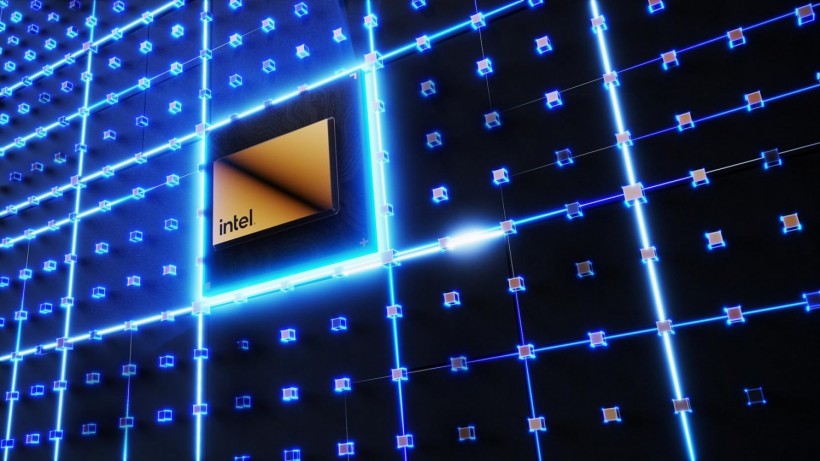Intel introduced the world with the Blockscale 1000 series which was meant to help the dwindling supply of GPUs back in 2022 when the shortage was widespread. More specifically, this chip was made for Bitcoin and other cryptocurrency mining that would help ease the demand but is now quietly discontinued by the company.
The goal was to give the world a chip to help "blockchain hashing" in an energy-efficient way, but it is now seeing its end in development in the industry.
Intel Discontinues its Blockscale Chips Made for Bitcoin, Crypto Mining

(Photo : Intel)
Intel Blockscale Chip is now discontinued by the company, centering on its operations to help Bitcoin and crypto mining in the industry, with energy-efficient solutions.
In an interview with Tom's Hardware, Intel revealed that the Blockscale 1000-series application-specific integrated circuits (ASIC) have met their end of life. The company did not address any further developments from that chip series, meaning that the public would not see other versions of the tech made for energy-efficient blockchain hashing.
Intel first released the Blockscale series in 2022, and it is the company's answer to the significant chip shortage which took place for the past years, which felt massively amidst the pandemic.
The company brought the chip to adhere to proof-of-work consensus networks, one that would help in fulfilling the needs of a computer power that could achieve scalability and sustainability.
Read Also: How a Small Intel Team Built a Blockchain Chip
Why Did Intel Stop its Blockscale Chip Development?
The main reason Intel told Tom's Hardware is for the company to focus its effort on its development of the IDM 2.0, sacrificing its crypto mining chip in the process.
Intel claimed that it will still provide support for the existing Blockscale 1000-series ASIC chips that were purchased before, to the existing customers utilizing the tech.
Intel's Blockscale Chip and GPU Shortage
In 2022, Intel made waves in the cryptocurrency mining community by launching its highly anticipated Blockscale chips, which were designed to specifically cater to the needs of Bitcoin and cryptocurrency miners. These application-specific integrated circuits (ASIC) were touted as game-changers, promising high performance and energy efficiency for the demanding task of mining digital currencies.
The Blockscale chips were seen as a promising solution to the ongoing global GPU shortage that has plagued the cryptocurrency mining community for several years.
Cryptocurrency miners heavily rely on powerful graphics processing units (GPUs) to mine digital currencies, but the high demand for GPUs from both miners and gamers has caused severe shortages, driving up prices and creating supply chain issues.
Intel's decision to discontinue the development of its Blockscale 1000-series chips for Bitcoin and cryptocurrency mining is set to meet disappointment from the industry. The chips were seen as a potential solution to the ongoing GPU shortage issue, but their discontinuation underscores the challenges and volatility of the cryptocurrency market.
Still, Intel will continue to support existing Blockscale chips, all for blockchain mining needs.
Related Article: Intel, ARM to Bring New Smartphone Processors to Power Your Devices-What to Expect






